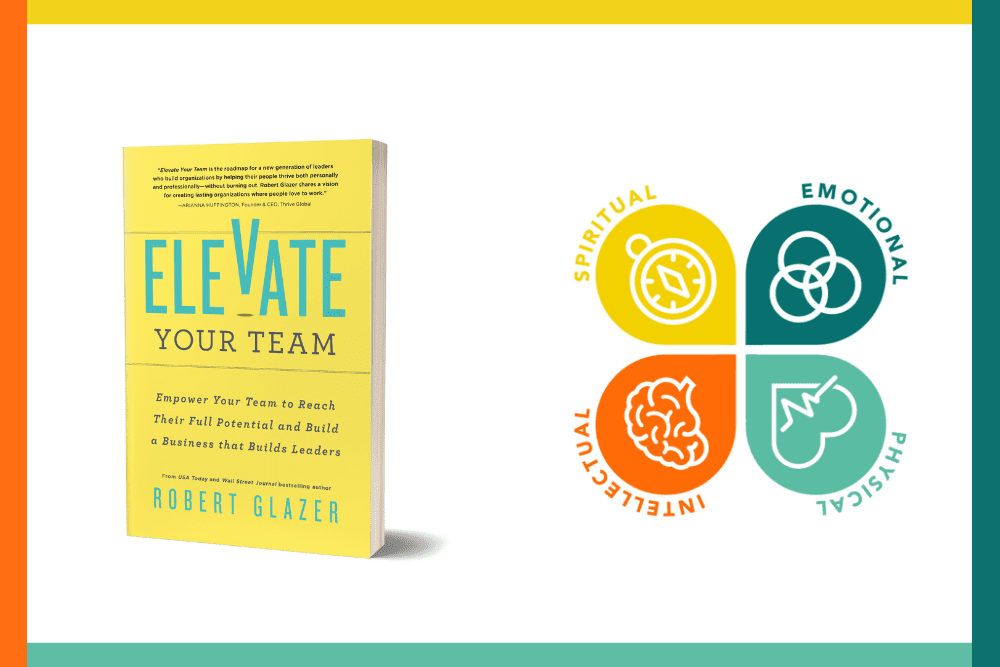The three years since COVID-19 first emerged have been long and challenging, even for the people and organizations who have seen success and opportunity. Whether your company did well, struggled, or did both in this period, nothing has been easy or consistent.
The result of this is that many people and businesses today are playing defense, rather than offense. In many industries, hypergrowth and hustle have gone from aspirational to red flags. Even Elon Musk, who built two massive companies by pushing people to their limits, was unable to get Twitter’s team to buy into his “hardcore” vision for the business, with a large percentage choosing to quit the day after his ultimatum.
I believe two things are true: organizations need to consistently grow to thrive in the long term, but many of the hypergrowth, “unicorn” companies that exemplified growth did so in ways that were detrimental to both the long-term health of their people and the organizations.
Fueled by low interest rates, easy credit and floods of venture capital funding, many organizations and leaders adopted a leadership playbook that prioritized topline growth and market share first and foremost —ahead of profit, sustainability, culture and people’s wellbeing. As a result, many companies, especially in Silicon Valley, either burned their people out or replaced them as they grew.
The goal for most businesses wasn’t to reach the destination with their original teams mostly intact. At many companies, it must’ve felt like being aboard a rocket headed for the moon without enough oxygen to keep the full crew alive. And what’s the point of reaching the moon if there’s no one left to enjoy it?
As business conditions and personal priorities have changed, so have leaders’ priorities. Many leaders want to return to a more sustainable type of growth, but they need a new playbook to get there. This playbook can be found in my latest book, Elevate Your Team (EYT), which published on Tuesday.
EYT is effectively the sequel to my previous book, Elevate. It revisits the same capacity building framework I shared as a personal development roadmap in Elevate and explains how those same principles can be applied to building a high-performing team, culture or organization.
The best part of this playbook is that it replaces the churn-and-burn approach that’s fallen out of favor with a more sustainable approach: building thriving, sustainable businesses by building teams of people who can advance up the ranks as the company grows and grow stronger as more is demanded of them.
A company that wants to grow by growing its people needs to do the following:
- Help people understand their personal values, discover their strengths and learn to lead as their authentic selves.
- Create a culture of learning and discipline, by encouraging best practices in time management, productive work habits and consistent, effective feedback.
- Promote healthy behaviors—not 80-hour workweeks—and encourage employees to have a life outside of work, with boundaries between work and home life. This is best accomplished by defining the desired outcomes, rather than relying on inputs like hours worked, meetings held or sales calls made.
- Create an environment with strong psychological safety, where people are comfortable being vulnerable, are encouraged to speak truth to power and are taught to focus on things within their control, rather than worrying about things they can’t control. This feels especially critical now, as every business marches against macroeconomic headwinds.
Organizations that do the above will elevate their entire team as the organization grows—their employees will ride the growth wave, rather than being crushed by it.
One of the best virtues of capacity building in an organization is that it is holistic. For years, leaders have asked their teams to leave part of themselves at home during the workday. But we are the same people at work and outside it, and if leaders fail to help their people nourish their personal development, they will eventually have a team of burned out, ineffective people. Today, leaders have to allow their people to bring their full selves to work—and help them grow on both sides of the work-life divide, rather than just focusing on getting better or more efficient at the specific job they have today.
I have deep conviction that this is the playbook we need to refocus the businesses to pursue healthy, sustainable growth in the years ahead. If you’ve been feeling tired of pushing against the current, I encourage you to listen to the intro, pick up a copy and think about how we get back driving growth that makes life better for the people we lead, rather than just growing for its own sake.
Quote of The Week
“When the winds of change blow, some people build walls and others build windmills.”
–Chinese Proverb









